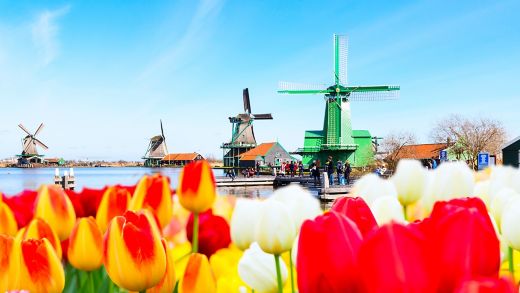Yes, all Autoroutes (except for short sections through some cities and areas) are toll roads (’Peage‘): take a ticket when you enter, pay when you exit (cash or Mastercard/Visa card).
The rate of toll varies and depends on how old (cheaper) or how new (dearer) the Autoroute is. For further information click here





